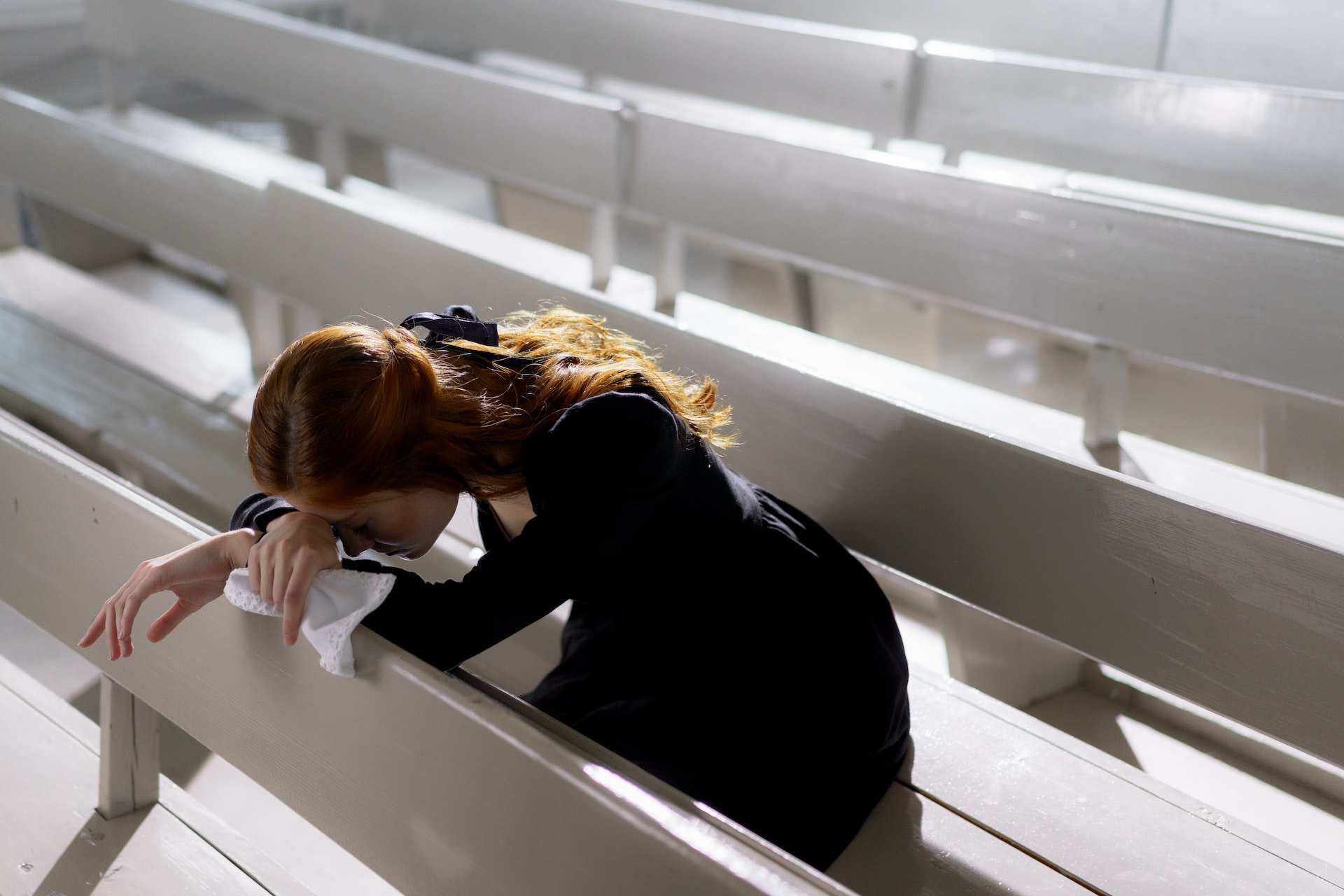
When you lose a loved one, there is no one “right” way to grieve. There are some who talk about the “five stages of grief”—denial, anger, bargaining, depression, and acceptance. Others argue that these 5 stages are just suggestions, not a road map. Some people may skip right to anger. Someone else might get stuck in depression. Everyone grieves in their own way. Your grief is unique to you.
Whatever you feel is okay. You may feel a bit relieved if your loved one has gone through a prolonged illness. You might feel guilty because you feel there’s more that you could have done. You might be angry that they’ve left you alone. You might be numb. You might be so depressed that you can’t get out of bed. Whatever you feel is the right feeling for you to have at that moment. Take care of yourself and do what you need to do. If going to the gym or doing yoga relieves your stress and makes you feel better, then do it. If you want to sit at home and look at old photo albums and reminisce about the good times you had with your loved one, then that’s what you should do.
As a caregiver, other parts of your life often take a backseat to caregiving. You invest so much of your time and energy into caring for your loved one that your other identities—wife, mother, friend, co-worker, author, avid runner—sometimes get lost. When that loved one is gone and you are no longer needed in what’s become a major part of your identity, then what? Often, caregivers feel a sense of emptiness, not just because their loved one is no longer physically there but because they don’t know what to do with their time now that they are no longer a caregiver.
After spending so much time taking care of someone else, it’s okay—and necessary—to take care of yourself. You need to refuel. Family and friends may expect you to go back to “normal,” but give yourself time. Find activities that energize you or bring you peace. Go for a long walk with your dog. Sit and read a good book. Go for a spa day. Write in your journal. Call a friend you haven’t talked to for ages.
It’s important to reconnect and rebuild relationships with other family members, friends, etc. After a loss, we all need uplifting connections with people we trust. Lean on your support network of family, friends, and other people who care about you to help you get through this. It may help to build relationships with others who have experienced what you have—like a grief or caregiver support group.
After the loss of your loved one, you may suddenly find yourself with free time. Find those things that give you purpose and bring joy. If you have always wanted to travel, plan a trip. If volunteering was important to you before your caregiving, find an organization with a mission you support and ask if they need any volunteers. If you love running, sign up and train for a half-marathon.
After caring for a loved one is no longer needed, some caregivers decide to use their compassion and the skills they’ve acquired to transition from family caregiver for a loved one to being a paid, professional caregiver as a new career. Depending on what type of care you want to provide and where you live, certification may be required to be hired as a paid caregiver. Your state’s Department of Health sets the guidelines regarding certification. Basic caregiver certification usually requires the completion of a short training course, passing an exam, and regular continuing education to renew your certification. Some places like nursing homes and assisted living facilities only hire certified caregivers. It’s required for services that qualify for Medicare payment. Having certification can also help you qualify for more positions, earn a higher salary, and advance your career.
If you want to be a personal care aide, certification is generally not required because the level of care provided is restricted to activities that can be effectively done without medical training—such as providing transportation to medical appointments, light housekeeping, preparing meals, and providing companionship. Personal care aides are not allowed to provide direct medical care. Check with your state’s Department of Health to see if certification is required.
If you have lost a loved one and would like to read more about bereavement and life after caregiving, CAN has a series of articles for you. Visit our Life After Loss.